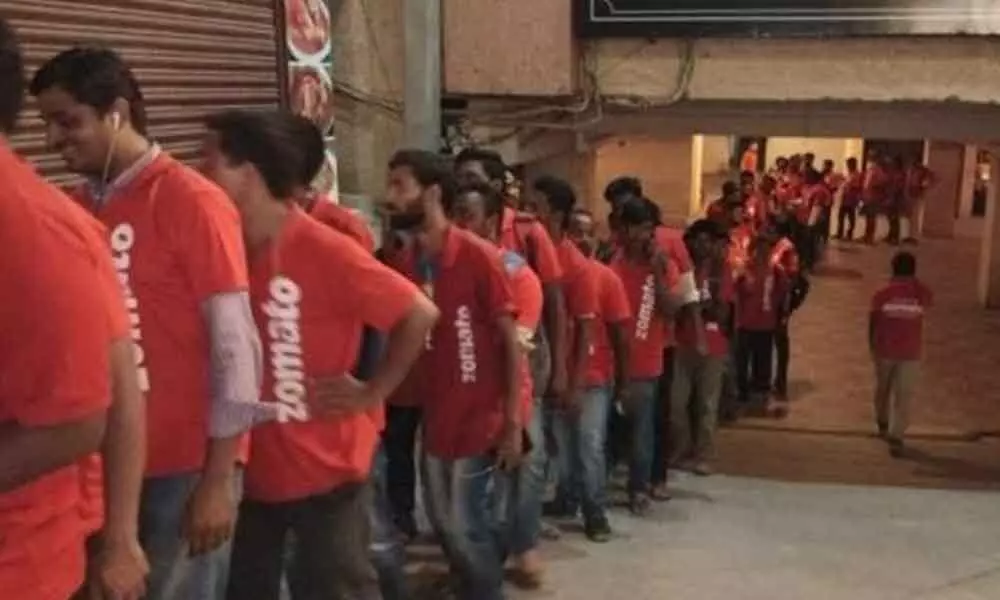Time to cheer as no cess on fuel, food delivery apps have no reason to worry
The GST Council’s 45th meeting, held in Lucknow recently after a lull, left petroleum products outside the purview of GST until March, 2026. It comes in the wake of a recent direction by Kerala High Court.
image for illustrative purpose

The GST Council's 45th meeting, held in Lucknow recently after a lull, left petroleum products outside the purview of GST until March, 2026. It comes in the wake of a recent direction by Kerala High Court. In June, based on a writ petition, the court had asked the GST Council to decide on bringing petrol and diesel under the GST ambit.
Not to mention that Tamil Nadu had opposed the idea of bringing fuels under GST on the plea that the petrol and diesel remain one of the last vestiges of a State's right to manage its own revenue. But, it was meaningful in several other aspects. First, it extended support for Covid-19 and some other essential drugs like Cancer care.
Also, it levied compensation cess beyond June, 2022 until April, 2026 to repay GST-related borrowings of FY21-22, and above all, it set up two Groups of Ministers for examining rate rationalisation, correcting inverted duty structure, and suggests use of technology to improve compliance.
However, the most significant decision taken during the meeting was to mandate food delivery apps such as Zomato and Swiggy to pay GST @ 5 per cent on behalf of the restaurants they service. Services by cloud kitchens/ central kitchens are covered under 'restaurant service', and attract 5 per cent GST (without ITC), a government statement said post the Council meeting.
Earlier, GST was only implied on restaurants but now, food delivery apps and Cloud Kitchens may also be liable to pay GST on restaurant services supplied via them. Now on, the delivery boys will collect the GST from consumers instead of the restaurant they pick up orders from. As of now, these apps are registered as TCS, or Tax Collected at Source, in GST records.
Still, the government is of the view that it is just transfer of GST collection rather than imposition of any new tax as such. He explained that analysis of some returns implied tax evasion on the part of some restaurants.
Interestingly, an analysis of returns filed by delivery apps and some Haryana restaurant services - showed the gap in taxable turnover for suppliers where TCS was deducted by a delivery app was greater than turnover declared by such suppliers. Keeping it in view, this step will help curb that menace of tax theft.
The new changes made will come into effect only from January 1, giving the players time to make changes in their software and adapt to the new regulation.
In another significant move, the Union Finance Minister Nirmala Sitharaman, while chairing the meet, clarified that implementation of the Reserve Bank of India suggested average GST levy at 11.5 per cent as against revenue neutral rate of 15.5 per cent was a tough call to take. It simply means that a resource to compensate States longer than mandate was a remote possibility. It may not be welcomed by the States that had been advocating for the same for quite some time.

